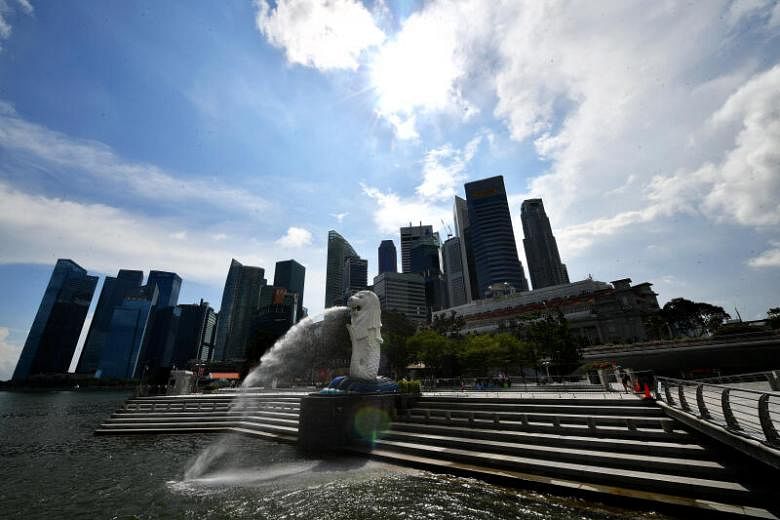SINGAPORE - In a world that is volatile, uncertain and ambiguous - a point driven home by the coronavirus pandemic - Singapore's leaders should be bold, diverse, and come from different generations in order to succeed, veteran diplomat Chan Heng Chee said on Tuesday (Jan 19).
Speaking at a virtual forum on leadership, Professor Chan said these are qualities leaders should have, especially after the wake-up call of the current Covid-19 crisis.
"Worldwide, we had an ice bucket shower. What came out clearly in this pandemic is that leadership matters," she said at the Singapore Perspectives conference organised by the Institute of Policy Studies (IPS).
Leadership was the crucial ingredient in how countries handled the pandemic, said the Ambassador-at-Large at the Ministry of Foreign Affairs. "It was not about having the most resources, technology or medical equipment. It was how leadership communicated the crisis, responded with policy and mobilised and organised and protected its people."
She was on a panel titled The Values and Qualities of Leadership, moderated by Dr Gillian Koh, deputy director (research) at IPS.
The other panellists were Professor Margaret Heffernan, Professor of Practice at the University of Bath; Mr Han Fook Kwang, a senior fellow at the S. Rajaratnam School of International Studies and former Straits Times editor; and Madam Zuraidah Abdullah, chief executive officer of Malay-Muslim self-help group Mendaki.
Issues discussed ranged from how future leaders should be selected, to how Singapore should move on issues related to those who identify as LGBTQ, and how millennials' concerns like social justice should be considered.
Prof Chan said one quality Singapore's leaders should have is the ability to be bold, seeking "to instil a culture of daring to try, to push us so that we will not slip behind".
The leadership circle should also reflect the diversity of the population, and understand how this diversity evolves, she said. This is not just about racial diversity, but also in terms of gender, listening to those who identify as LGBTQ, and young people.
While Singapore's younger population is articulate and has strong opinions, its leadership must consist of different generations because the country faces an ageing electorate and workforce, she added.
Mr Han, who is also editor-at-large with The Straits Times, raised the importance of moral leadership.
Singapore's founding leaders were values-driven, and these values informed policy, he said. They believed very strongly in certain principles, including meritocracy, zero tolerance for corruption and equality among the races.
They were seen to be worthy of respect because people understood values more than they did policy, he added. "As a result of that deep understanding, there was a connection with the leaders, because people knew what they stood for."
Madam Zuraidah, who was the first woman to become a senior assistant commissioner of the Singapore Police Force, said society could do better in identifying individuals who fail as risk-takers, instead of as failures.
"We should not be quick to condemn leaders who make mistakes, even after they have acknowledged failures courageously and quickly."


